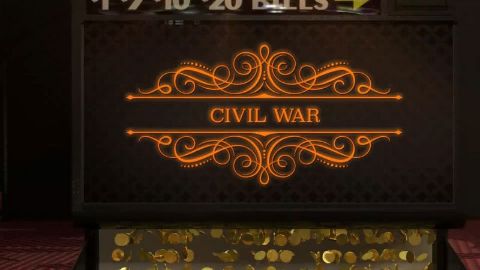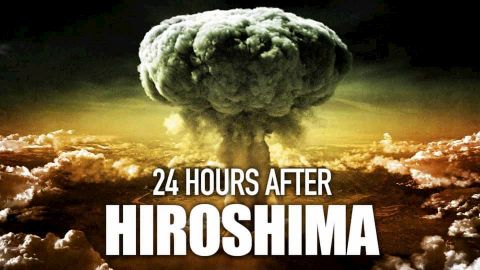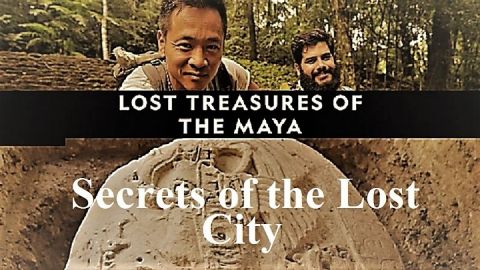Civil War
• 2019
• episode "S1E2"
• Hi$tory
Category:
History
| Torrent:
| Subtitle:
Why, as a teenager in New Jersey in the 1980s, was Peter Sagal taught the Southern myth of the Civil War? How did Gone with the Wind became a national parable? Why is Robert E. Lee an American hero? Slaves = money = power.
Make a donation
Buy a brother a hot coffee? Or a cold beer?
Hope you're finding these documentaries fascinating and eye-opening. It's just me, working hard behind the scenes to bring you this enriching content.
Running and maintaining a website like this takes time and resources. That's why I'm reaching out to you. If you appreciate what I do and would like to support my efforts, would you consider "buying me a coffee"?
Donation addresses
buymeacoffee.com
patreon.com
BTC: bc1q8ldskxh4x9qnddhcrgcun8rtvddeldm2a07r2v
ETH: 0x5CCAAA1afc5c5D814129d99277dDb5A979672116
With your donation through, you can show your appreciation and help me keep this project going. Every contribution, no matter how small, makes a significant impact. It goes directly towards covering server costs.









